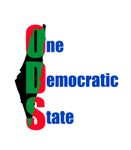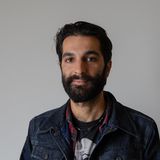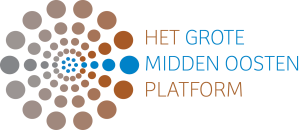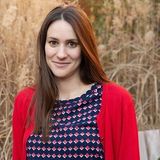This year marks 75 years since the Palestinians became, and still are, the biggest refugee group in the world, according to the United Nations. The human rights declaration states that each refugee, such as the Ukrainians and the Palestinians, has the right to return to their homeland after displacement. How do we imagine and prepare master plan alternatives for the return of the biggest refugee group in the world? Over 500 Palestinian villages and towns were ethnically cleansed and destroyed during the Nakba. How do we start the decolonisation and democratising of big cities? How do we think ecologically, socially and spatially, with love and respect to all these different aspects? During this event we will have a dialogue with different speakers how we could re-imagine the future of the Holy Land and design the right to return.
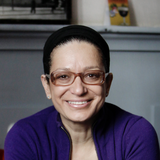
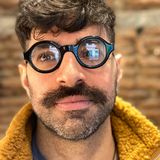
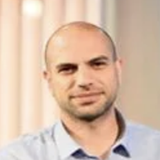
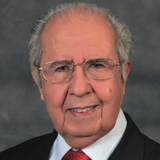
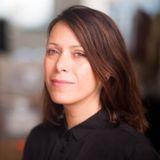
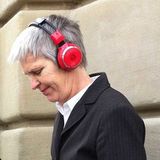
About the programme
Palestinians are the biggest refugee group in the world (UN). Going back home is granted by the UN and international law. Return of the refugees solve multiple problems of camps, conflict, legalities and turns receivers of help to citizens, in addition to ethical dilemmas. Return of refugees after 75 years needs to take into consideration that when the grandchildren and their children return, they have been living in different circumstances, geographically, economically, juridically, etc. Most of them probably will not become farmers in the same village of origin, nor feel automatically connected. The conflict will not end with the return. How can urban planning support a constructive process?
The case of Palestinian return can draw lesons from both South Africa and future rebuilding Ukraine. The land is meticulously registered, is real estate and the right documents exist. It is different from both South Africa and Ukraine since it is a small land on the sea, and its climatical and ecological needs are more severe than both. It resembles Ukraine in the fact that the occupier shares some ‘ethnic’ and linguistic traits, and similar to South Africa with a colonial history of occupiers coming from far away and installing apartheid.
Speaker contributions during the event:
Umayya Abu Hanna: “Urban planning at two points in time in the Holy Land”
Salman Abu Sitta: “How feasable is the return of the biggest refugee group?”
Ramzi Nasir: “One Democratic State, what, why and how”
Orwa Sweitat: “Restorative urban justice”
Malkit Shoshan: “Seamless Territory, border ecologies and design activism”
Lilet Breddels: “Rebuilding scenarios and alternatives”



